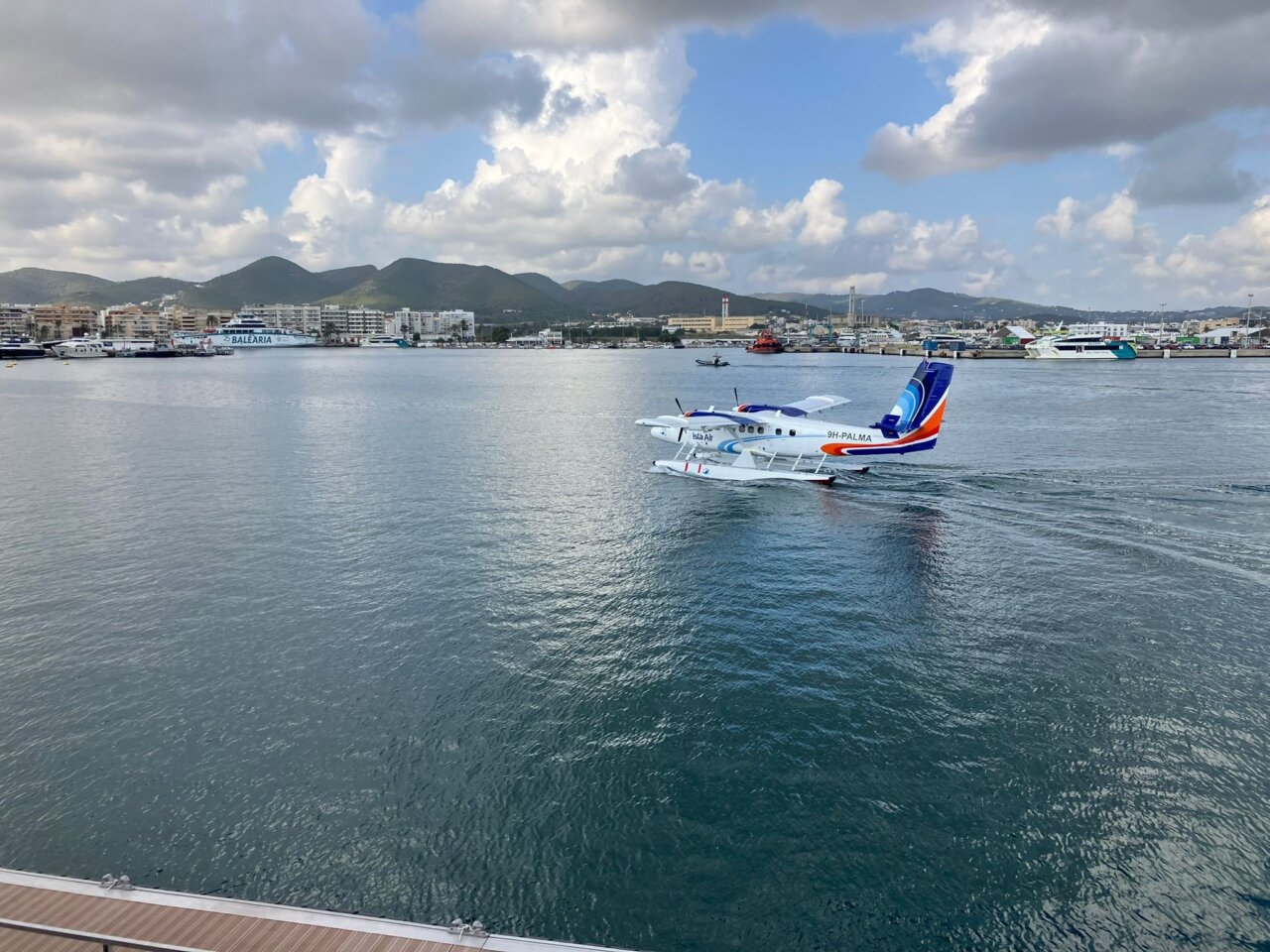Will 2025, after the tests of the previous months, be the year in which it will be possible to connect the Balearic Islands by seaplanes? In view of the response of the State Aviation Safety Agency (AESA) and the pending procedures for the entry into force of the new regulations on which it is working, it is difficult, if not impossible to think in the short term.
“The deadlines are complicated, it is difficult for us to foresee them”, had predicted in December to La Voz de Ibiza the delegate in the Balearic Islands of Isla Air Express, Antoni Jiménez. And he had clarified that for the company to operate, it requires that “the Government approves a mechanism for the management of hydrosurfaces, a legislation that does not yet exist in Spain”. “The ball is on the State’s side,” Jiménez had said, while informing that Isla Air Express technicians were collaborating with the Ministry of Transport in the preparation of this regulation. In fact, the deadlines are difficult to foresee, as admitted to La Voz de Ibiza by the State Aviation Safety Agency (AESA) itself when consulted about the regulations pointed out by Isla Air Express. The agency under the Ministry of Transport and Sustainable Mobility of the central government has developed “a project that, among other issues, provides acceptable means of compliance of design and operation of hydrosurfaces and incorporates comments resulting from a working group with the sector”. Without alluding to the contribution of the technical teams of Isla Air Express, the agency has emphasized that it is “in constant communication with the hydroaviation industry to advance jointly in the development of technical standards for the development of this sector in Spain”. As they have specified, the initiative in question is “a complex regulatory project, which not only addresses issues related to hydroaerodromes.” A first draft of the initiative was submitted in November to the Directorate General of Civil Aviation (DGAC), the body with regulatory competence in civil aviation matters, and is currently in the regulatory study phase. “It is a draft of technical regulations that does not address competence aspects on the authorization of such infrastructures,” AESA has pointed out.
No established deadlines
AESA has clarified that the elaboration of the regulation does not have a specific pre-established term, since the time it demands “is subject to several factors, including the technical difficulty of the text in question”. “This procedure includes hearing and public information procedures, and allows the participation of citizens, potentially affected sectors and the autonomous communities, in addition to obtaining the different technical and legal reports necessary for its approval,” they have detailed.
Without time or place
Beyond the regulations in process, Isla Air Express must resolve other issues to operate in the Balearic Islands, at least in Ibiza. As Jiménez has pointed out, tests on the island have not met expectations, since “the operating area is very busy” and “even with reasonably good weather, take-off and landing are very difficult”. In any case, the company has not yet resolved anything in relation to what would be the new place from which the seaplanes would depart to connect with the rest of the archipelago, which must be authorized by the Port Authority of the Balearic Islands after a report from the Maritime Captaincy.









